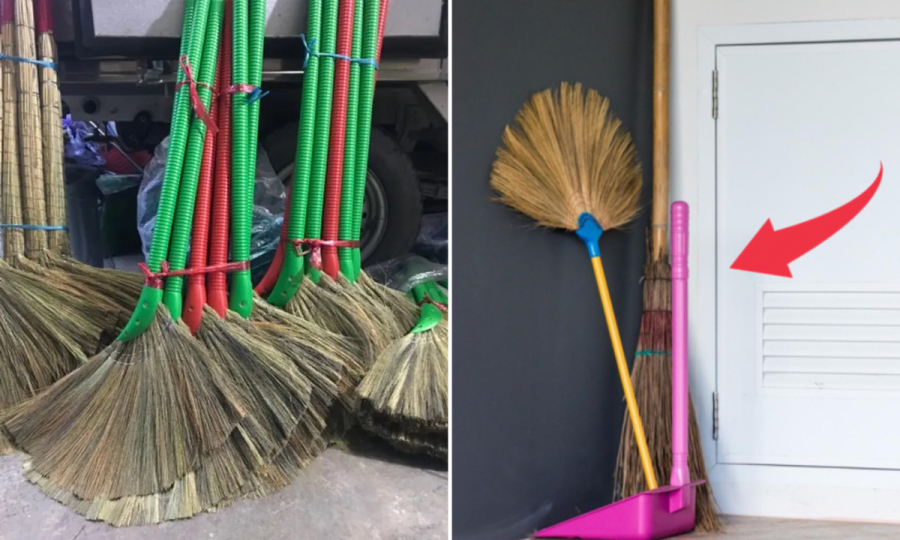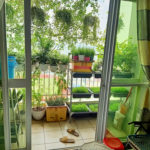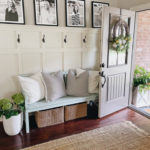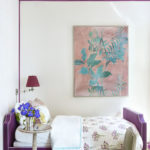Living room
The living room is not a place to keep brooms. It is the area where family guests are entertained and where everyone gathers. Keeping things organized and clean is important to maintain a good image of the family in the eyes of visitors. Brooms should only be used to clean the living room and not kept in it.
In addition, the living room is a high-traffic area where people constantly come and go. Keeping brooms here can hinder movement. Brooms also harbor a lot of bacteria and dirt, which is not good for human health.

Near the entrance
Many people conveniently place brooms near the entrance after cleaning. They can easily retrieve them when needed.
The entrance is not a place to keep brooms. Placing brooms here can obstruct the passage. Moreover, wind or other external forces can cause dust from the brooms to scatter into the air and enter the house.
Bedroom
Brooms, being used to sweep dirt, harbor a lot of dust and bacteria. The bedroom is where people rest after a long day of work, and maintaining cleanliness in this area is crucial.
Having brooms in the bedroom can affect the health of those who sleep in it, especially individuals with respiratory issues.
Bathroom
Some people believe that placing brooms in the bathroom saves space and prevents dust from spreading to other rooms. However, this practice is also very dangerous. Bathrooms are naturally moist and contain a lot of bacteria. Keeping brooms here can promote the growth of bacteria and mold.
You can place brooms in the balcony area. The balcony is a sunny spot, and keeping brooms here can help eliminate bacteria effectively. Furthermore, balconies have good ventilation, which helps dry any moisture on the brooms. Alternatively, you can choose a dry, well-ventilated spot at the back of the house.
Dull or damaged brooms should be replaced as soon as possible. These brooms are not effective in cleaning and can accumulate a lot of dust and bacteria, which can affect the health of family members.
Information provided is for reference and contemplation purposes.





































